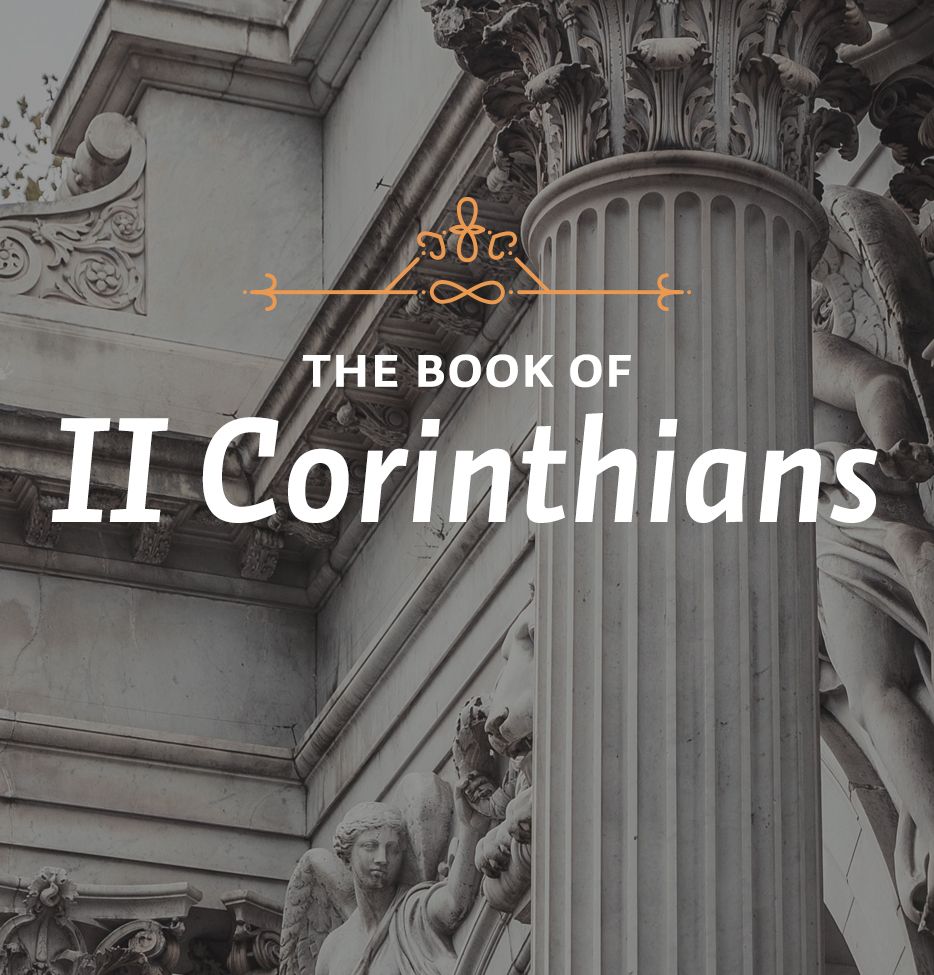Partners in Ministry2 Corinthians 8:16 – 9:5Theme: Sharing.This week’s lessons teach us the blessing of carrying each other’s burdens.
LessonPaul says in 2 Corinthians 9:4 that he is sending these brothers in order that their boasting about the Corinthians in this matter should not prove hollow, for if any Macedonians come with me and find you unprepared, I will be embarrassed and so will you. He is saying, “I am sending these men ahead to get everything ready because I have been boasting about you to the Macedonians. And if, when I come bringing the Macedonians with me, they should find you unprepared, I would be embarrassed.” Now, if these men who went beforehand to make the preparation were Macedonians, the argument that Paul makes later would not make sense. So they cannot have been Macedonians, and therefore we have to rule that whole group out.
I suppose a good possibility is one other man who is mentioned in that list in the twentieth chapter of Acts. His name is Tychicus. He was from Ephesus. It is interesting to note that in Ephesians 6:21 and in Colossians 4:7, Paul speaks of him in very similar terms to the terms he uses here. Here is a man who, perhaps because he is not so well known, might simply be referred to as the brother.
Whatever the case, here is a man who is praised for his service as Titus was. He is praised by all the churches for his service to the Gospel. That ranked very high with Paul.
And why? Because service is of the essence of what the ministry is all about. As a matter of fact, it is the same word essentially. To minister is to serve. Paul also points out that he was chosen by the churches, which I think is an indirect way of saying that he was a man who was known for his integrity.
Then there is this other brother, verse 22: “In addition, we are sending with him our brother who has often proved to us in many ways that he is zealous.” The same problems of identification of this man hold true as hold true with the first. We do not need to go through all the possibilities again. It might be that Trophimus was this other brother. But as I say, we do not know. All we know about him is that he is commended here for his zeal. There can be a wrong kind of zeal, like the kind Paul had before he was converted.
When Paul writes about his standing and self-confidence before his conversion, as he does when he writes about it to the Philippians, he said that before he was converted, there were all sorts of things that he was proud about. One of those things was his zeal. He had joined the Pharisees, a strict sect, and became one of their leaders. He was zealous for the tradition of his fathers. That zeal led Paul astray. Eventually, it led him to hunt the Christians and arrest them. He was standing by while Stephen was executed. It was that kind of zeal.
And yet, zeal in itself is not a bad thing, because we cannot help but feel that once Paul was converted, it did not mean that these characteristics of his life changed. Paul did not cease to be zealous because he became a Christian. But rather, he exercised his zeal in the service of Christ, whereas before he had been exercising it in the service of Judaism, his sect, the company of the people in whom he believed.
When Paul writes about this brother, I think maybe he is saying something like, “Here’s the kind of man I like, a man who is really zealous in the Lord’s work, and I commend him to you for his zeal.” Paul sums it up then again in a verse where he speaks of the brothers once more. He says, “They are representatives of the churches and an honor to Christ.” The word representative there is the word apostle. He is not actually saying that they are apostles in the technical sense, but an apostle is a messenger, a commissioned messenger, an ambassador. He said that these men are “the glory to Christ.” The word he uses there is doxa, which is the great word glory. It is somewhat hard to know just in what sense he means that. But when you recall what Paul says elsewhere about the glory of the Lord Jesus Christ being reflected from our faces as we turn and meditate upon him, I suspect that is what he has in mind here. He is saying, “These brothers are men who have spent so much time with Jesus Christ that when people look at them, they see the glory of Jesus Christ reflected in their faces.”
Study Questions
What was the main thing for which people received praise from Paul?
In what particular ways did Paul’s zealousness work for both good and bad ends?
Further StudyRead Philippians 3:3-9 to find out how Paul misused his natural zealousness and why such zeal was worthless apart from Christ.
Definitiondoxa (Greek): glory.






